JHS pays tribute to three foundational fuzz pedals with new Mary-K, Berkeley and Plugin stompboxes
The three simple fuzz units are true to their late-'60s/early-'70s-era ancestors, with a touch of added 21st century functionality in each case
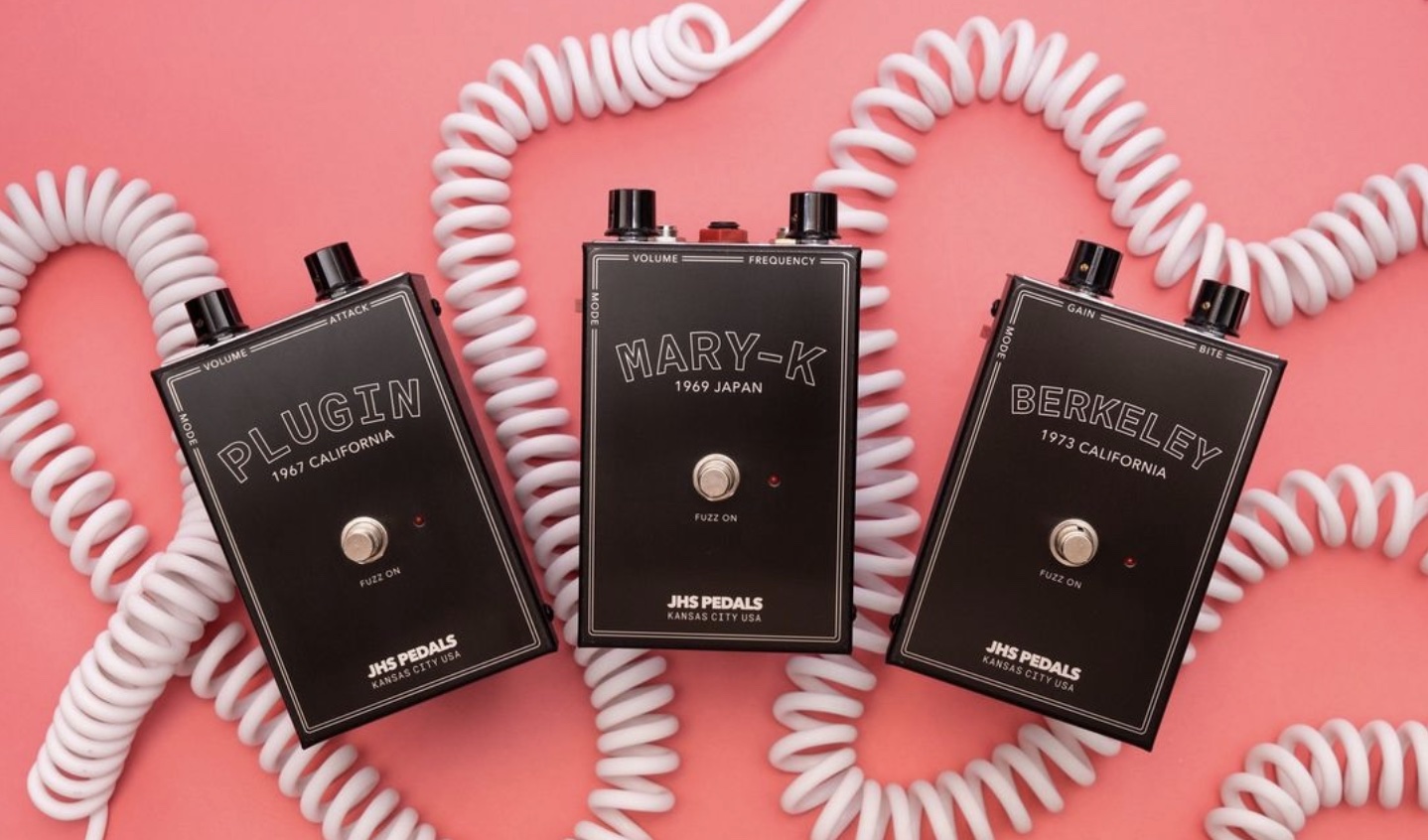
JHS's Legends Of Fuzz series of stompboxes features the Kansas City company's takes on some of the most legendary fuzz pedals ever made.
Now, the firm has introduced three additions to the line in the form of the new Mary-K, Berkeley and Plugin pedals. Their announcement also comes in tandem with that of the JHS Volture, a "dying battery simulation device."
You can learn more about all four of the products, and hear them in action, in JHS's deep-dive video below.
Given that they're based on first-gen, mid/late-'60s- and early-'70s-era pedals, the Mary-K, Berkeley and Plugin aren't the most complicated stompboxes in the world, but JHS has nonetheless taken the templates of each of the foundational fuzz units, and added some nifty, 21st century functionality in each case.
We'll take you through each pedal below.
Berkeley
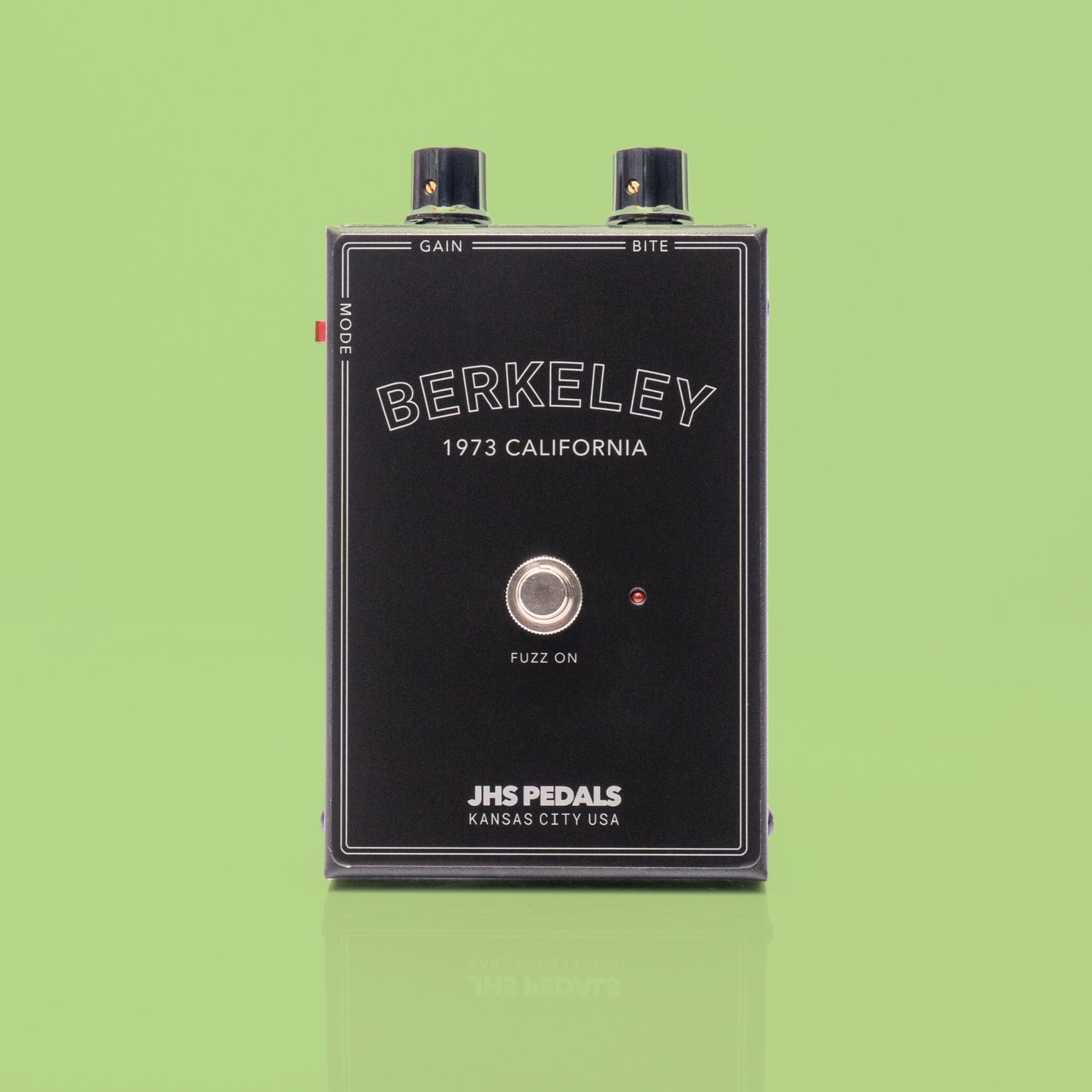
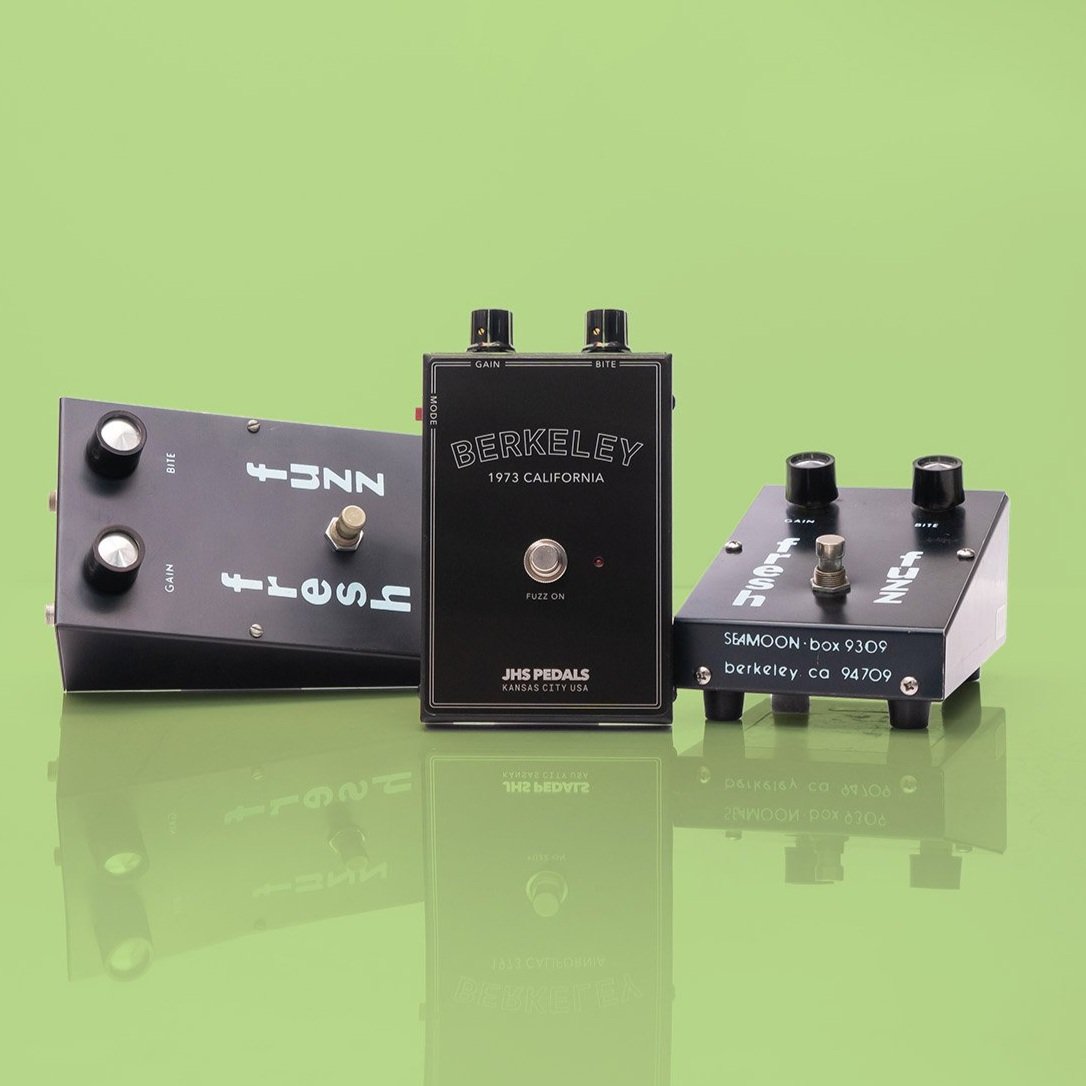
The Berkeley is based on Seamoon Inc.'s 1973 Fresh Fuzz pedal, which has been used by the likes of Boston's Tom Scholz and Eric Johnson.
Like its predecessor, the Berkeley features a pair of control knobs – one for Gain, and one for Bite. JHS has also added a red switch on the pedal's side that, JHS head honcho Josh Scott says, adds a capacitor to the circuit that brightens up the pedal's naturally dark fuzz tones.
All the latest guitar news, interviews, lessons, reviews, deals and more, direct to your inbox!
Mary-K
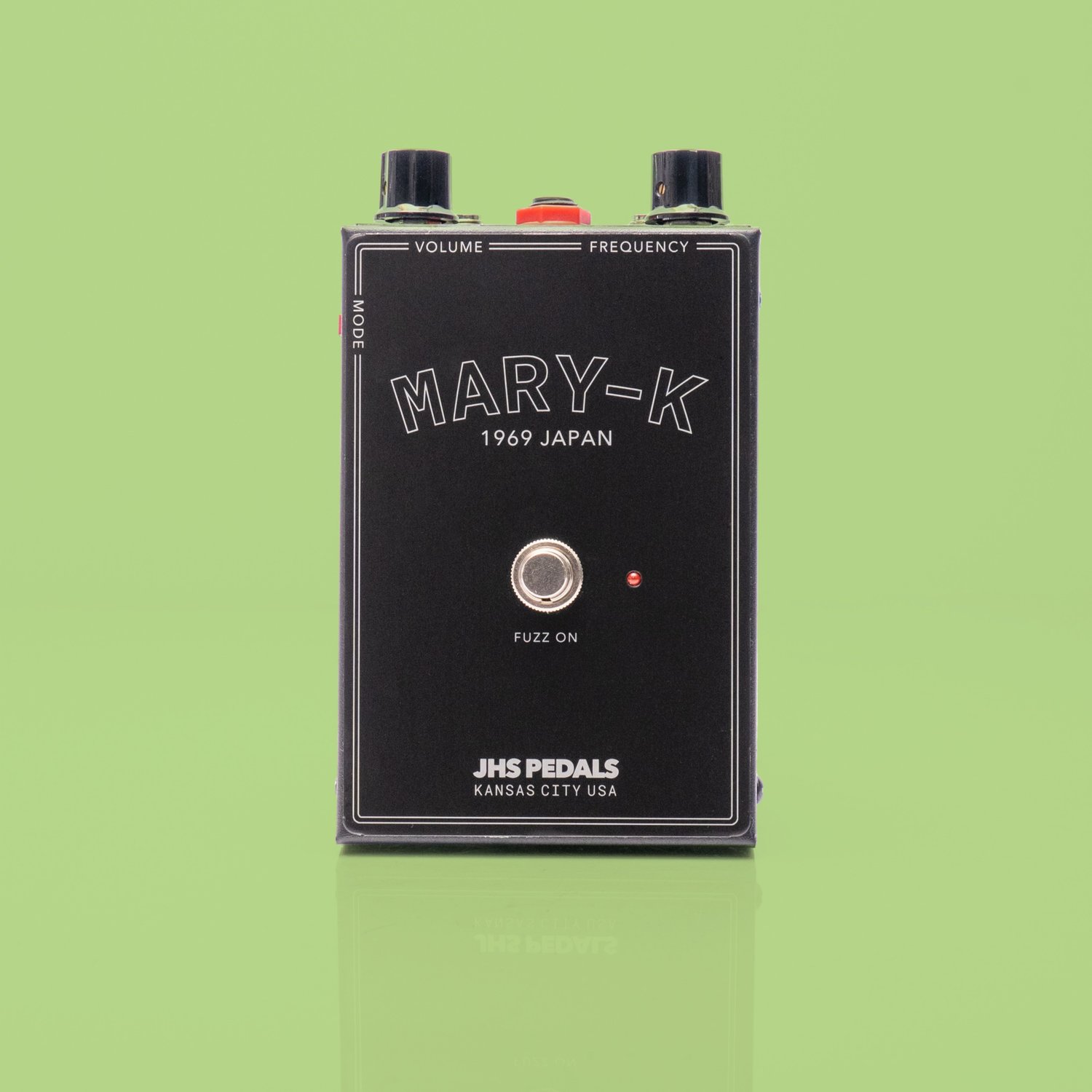
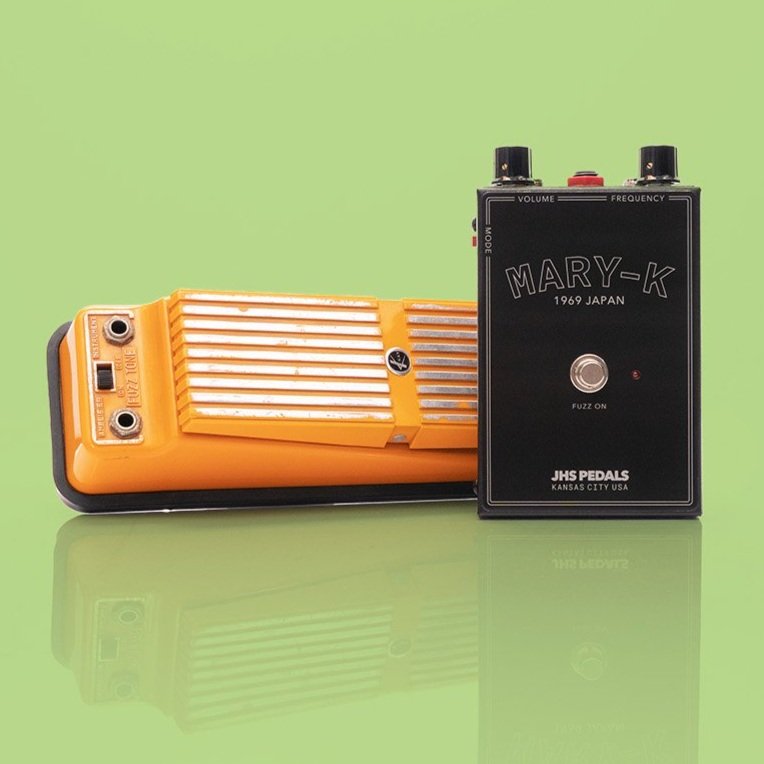
The Mary-K is based on the knob-less, late '60s-era Kay Fuzz Tone, a favorite of U2 electric guitar player The Edge. The pedal has a pair of knobs – one that adjusts Volume and another that tweaks Frequency.
The "JHS mode" on this particular pedal (accessible via the red switch on the side) adds germanium clipping alongside its silicon arrangement.
JHS also added an expression pedal output to the Mary-K, should guitarists want to control the Frequency of the fuzz as users of the original Kay Fuzz Tone can.
Plugin
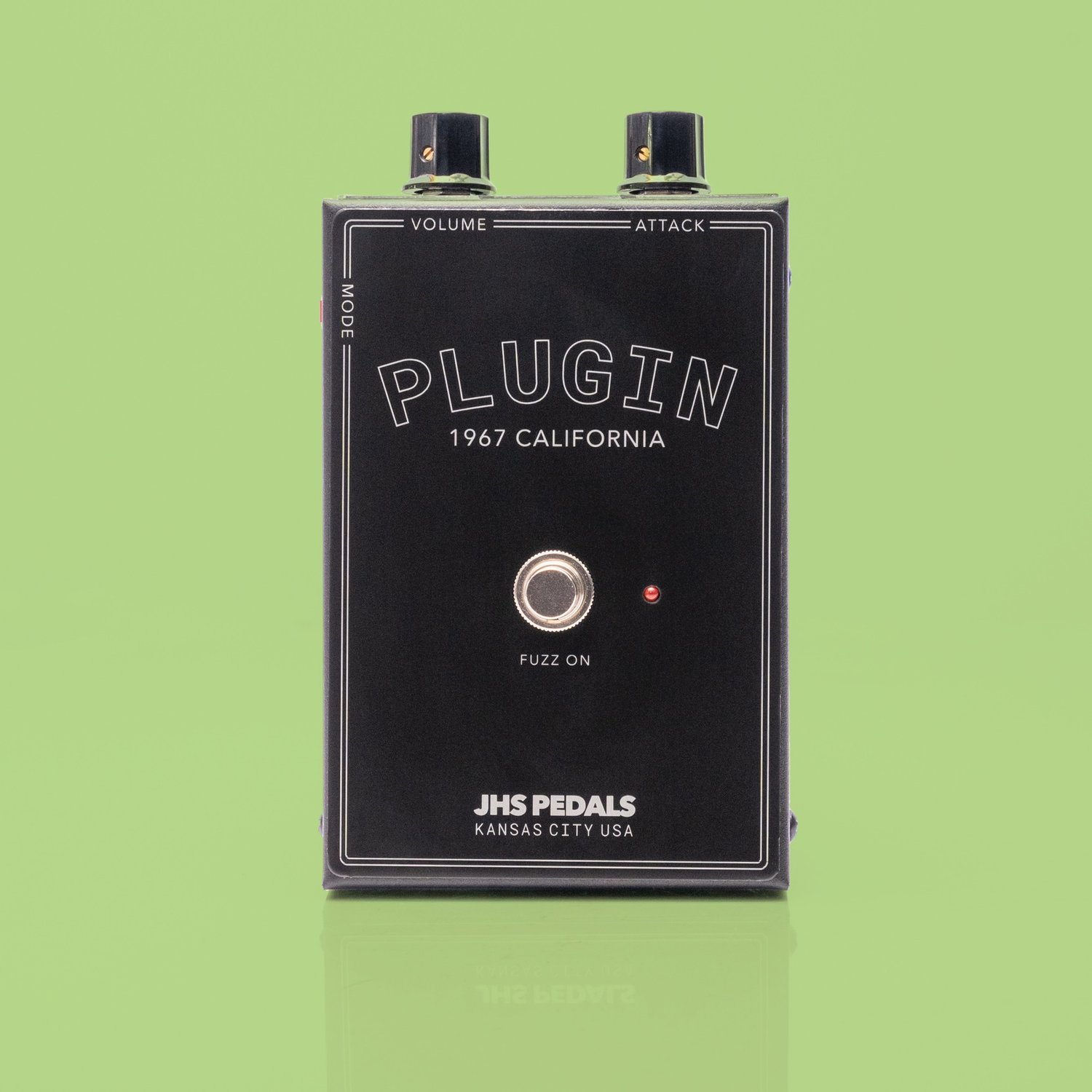
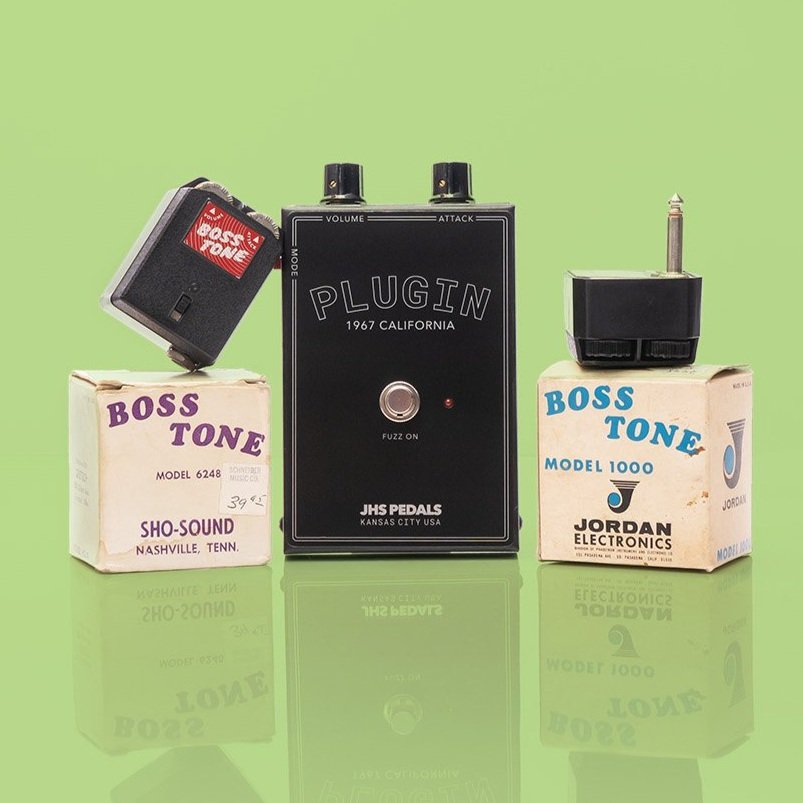
Last of the new Legends of Fuzz pedals is the Plugin, which takes after Jordan Electronics’ unique late-'60s-era Boss Tone plug-in fuzz, which operates by being plugged directly into a guitar’s output jack.
Like its tiny ancestor, the Plugin features, you guessed it, two knobs – one for Volume and one for adjusting Attack. The JHS mode – selectable, as on the Berkeley and Mary-K, by a red switch on the side – on this particular stompbox adds hard clipping to the end of the circuit, which, Scott says, adds a noticeable mid-range bump to the fuzz effect.
The JHS Berkeley, Mary-K and Plugin pedals all run on 9V power, and are available now for $179.
Volture
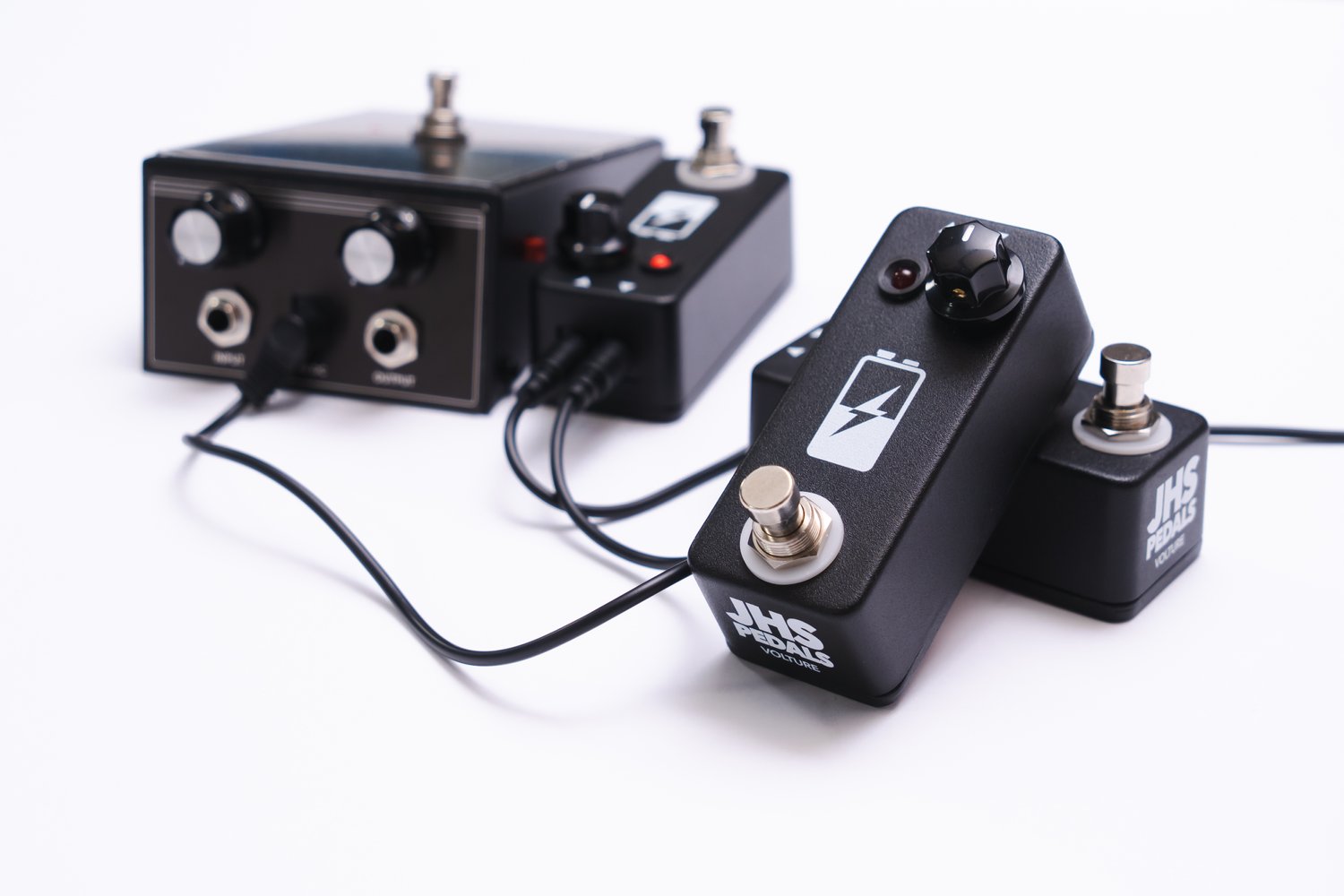
Along with the new trio of fuzz pedals, JHS also introduced a new accessory called the Volture.
Essentially, the Volture is a "dying battery simulation device" that can be used with any analog fuzz, overdrive or distortion pedal. When activated, the Volture's sole knob – at the user's discretion – can reduce the voltage running into whatever pedal a guitarist happens to be using it with.
The JHS Volture is also available now, for a street price of $80.
For more info on the Berkeley, Mary-K, Plugin and Volture, visit JHS Pedals.
Jackson is an Associate Editor at GuitarWorld.com. He’s been writing and editing stories about new gear, technique and guitar-driven music both old and new since 2014, and has also written extensively on the same topics for Guitar Player. Elsewhere, his album reviews and essays have appeared in Louder and Unrecorded. Though open to music of all kinds, his greatest love has always been indie, and everything that falls under its massive umbrella. To that end, you can find him on Twitter crowing about whatever great new guitar band you need to drop everything to hear right now.

